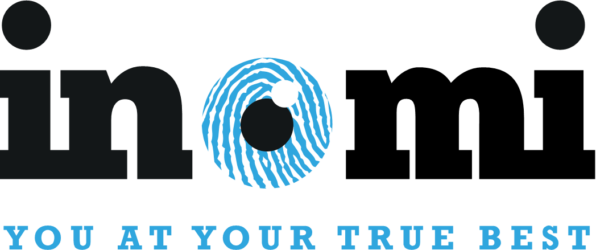
Make a smart, well-informed choice and set yourself up for success
Should I go for a Master’s degree abroad? When is the ideal time to apply? Should I start the application process during the final year of college? Or work for a few years? How many years should that be? Here are a few factors to consider.

UG duration
Many universities in the U.S., Canada and Australia need 16 years of education — which means 12 years of school and four years of graduation. If you are aiming for these destinations, a three-year degree leaves you with very few options. In this case, apply for a one-year postgraduate degree/diploma course to bridge the gap, rather than to apply for a Master’s with limited choices.

Career goals
Those aspiring to be a researcher or professor will probably do best with a combined Master’s and Doctorate, which many institutions offer. For a professional/corporate career, a two-year Master’s degree that gives you a year to get your bearings and start performing academically, and another to focus on job applications and interviews will be better.

Target jobs
If you know what jobs you are looking for and are seeking a specific degree, go for a Master’s programme sooner than later. However, if you are still unsure or if the degree is one you have no experience of studying or working in, get some experience and validate your choice before investing time and money in a degree abroad. For instance, a Computer Science graduate hoping to specialise in AI or a designer hoping to specialise in Interface Design is more ready for a Master’s than an Economics or Maths graduate hoping to transition to Data Analytics, or a History graduate hoping to move into Public Policy.

Research trends
Your main aim in doing a postgraduate degree may be to leverage the Master’s route to transition to a new country or economy. However, this demands a few months of in-depth research to choose the right destination. In a world grappling with a recession, job opportunities are limited almost everywhere. Of course, there will be a recovery and you can hope to hit the upswing when you graduate but run through LinkedIn jobs and Indeed in your destination countries to see what jobs are available and the value of the degree you want to do. A simple and open-minded search may help you align your degree with job trends.
For instance, research if Organisational Psychology majors are more in demand or Cognitive Psychology and Behavioural Science. Are mechanical engineers more in demand or those with a Master’s in Robotics? What skills do these jobs ask for? Can you aim for degrees that offer these specialisations?

Pre-requisites
Several Master’s degrees offer specialisations within a discipline, and demand some academic pre-requisites during your school and graduation years. For instance, most Data Science courses expect programming or statistics skills, and several will ask for pre-requisite courses in these areas during graduation. A Master’s in Environmental Science with a focus on climate change adaptation will require a solid understanding of environmental science principles, and some exposure to areas such as climate modelling, policy analysis, and sustainable development strategies. It may take you a year or so to tailor your undergraduate degree during the final year, or take additional courses after graduation to meet all the academic requirements your degree demands.

Work experience
Work experience not only allows you to validate your inclination towards a degree or career, but also brings strong credentials. Professional experience strengthens your profile if you have mediocre academic credentials, and bolsters it if you have great academic scores in colleges. While two years of paid work experience is ideal, at least one year is recommended. In case getting organisational jobs is tough, working as a research assistant with the university you are graduating from is also valuable, especially if you tailor your research towards the specialised degree you are aiming for.

Right time
Start researching your target degrees and destinations during your penultimate year in undergraduation. This will allow you to choose your electives and capstone projects in your final year smartly and, perhaps, bolster your academic readiness with some online/offline credit courses during and after your graduation.
Working for at least year as a research assistant — or in an organisation in your target area — will prepare you for success during admissions to Master’s as well as for the job applications after.
So the final recommendation is: complete 16 years of education, and work for at least year before you apply for a Master’s during your second year of work.
The writer is Founder and CEO, Inomi Learning, a Gurugram-based career and college guidance firm. info@inomi.in
The original article was first published in ‘The Hindu’ on February 17th, 2024.
With inputs from Anjana Anand, Principal Counsellor at Inomi Learning.

Richa Dwivedi Saklani is a certified coach from UCLA and is an accredited MBTI trainer who has worked with over 10,000 people across career planning and as a behavioral trainer in companies. She is the CEO & Founder of Inomi Learning and author of “The Ultimate Guide to 21st Century Careers”.
